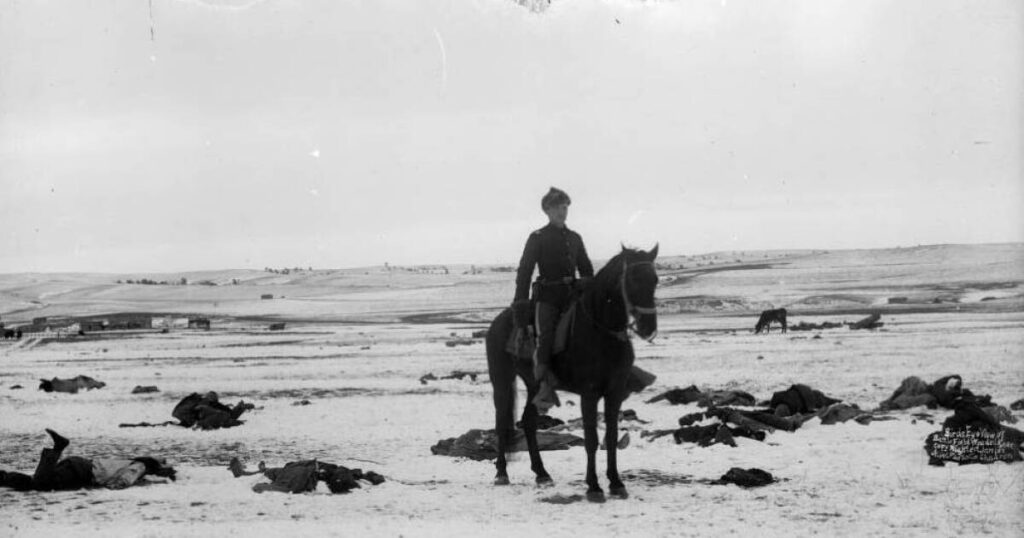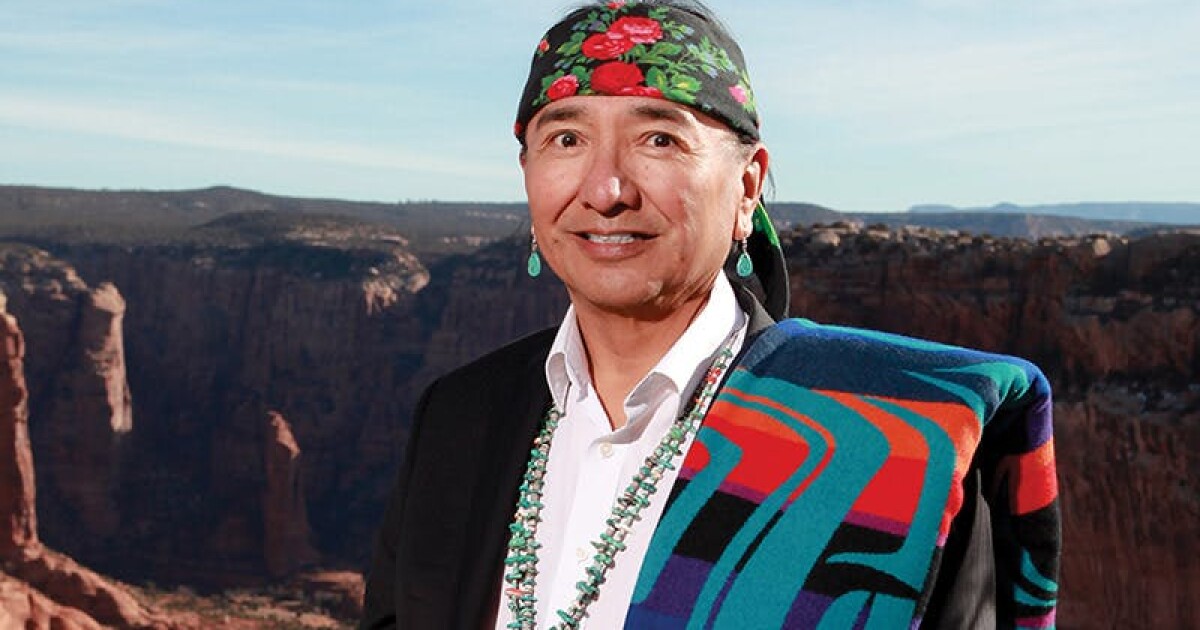In a bold move, Defense Secretary Pete Hegseth gathered nearly 800 military leaders to Quantico, Virginia, issuing a fiery speech against “woke” ideology and promoting the rebranded Department of War. This 45-minute address is now required reading for Defense staff, who must review the policy updates by the month’s end. Watch the full speech here or read the transcript.
Hegseth also addressed the contentious issue of the Battle of Wounded Knee, where U.S. forces killed hundreds of Lakotas. While some advocate for revoking the Medals of Honor awarded to soldiers involved, Hegseth dismissed these calls as unwarranted political correctness. This stance echoes the Biden administration’s previous decision not to revoke the awards, following a panel’s review where Defense officials favored retaining the medals despite Interior department dissent.
‘We will never forget what they did’
Despite the controversy, Hegseth reinforced the Biden administration’s stance, asserting, “This decision is now final, and their place in our nation’s history is no longer up for debate.” This announcement came after bipartisan congressional attempts to rescind the medals, most notably through the failed Remove the Stain Act.
A battle or a massacre?
The events at Wounded Knee, where U.S. troops killed nearly 300 Lakotas, remain one of the most debated episodes in American history. The massacre occurred in December 1890, marking the brutal end of the Army’s Indian Wars campaign. Artillery and gunfire overwhelmed the Lakotas, leaving a tragic legacy still unresolved in historical accounts.
Following the incident, some officials blamed the Lakotas, but Army Gen. Nelson Appleton Miles described it as a “brutal, cold-blooded massacre.” Today, the exact death toll remains uncertain.
‘America’s original attitude towards the so-called frontier’
Hegseth’s comments coincided with President Trump’s executive order to rename his agency as the Department of War, a move requiring congressional approval. Trump argued the change reflected a historical legacy of victorious warfare, a sentiment echoed by Hegseth.
This historical perspective is examined by David Martinez, director of ASU’s Institute for Transborder Indigenous Nations. He asserts that current U.S. foreign policy mirrors past attitudes towards Indigenous peoples, emphasizing the enduring impact of America’s frontier mentality.
The legacy of Manifest Destiny
The Bureau of Indian Affairs, initially part of the War Department, emerged during the Manifest Destiny era, which justified U.S. expansion at the expense of Native lands. Martinez highlights how this legacy persists, influencing modern policy and attitudes towards Indigenous communities.
Lakota attorney Chase Iron Eyes, whose ancestors were killed at Wounded Knee, criticizes this perspective, viewing reservations as “open-air prison camps.” He argues that Hegseth’s comments disregard the historical trauma experienced by Native communities.
For Marlis Afraid of Hawk, an Oglala Lakota elder, Hegseth’s stance reflects a denial of past atrocities. “Look it up, but he’s not going to. They cannot sweep it under the rug, because it’s history,” she insists, underscoring the enduring impact of Wounded Knee.
—
Read More Arizona News










